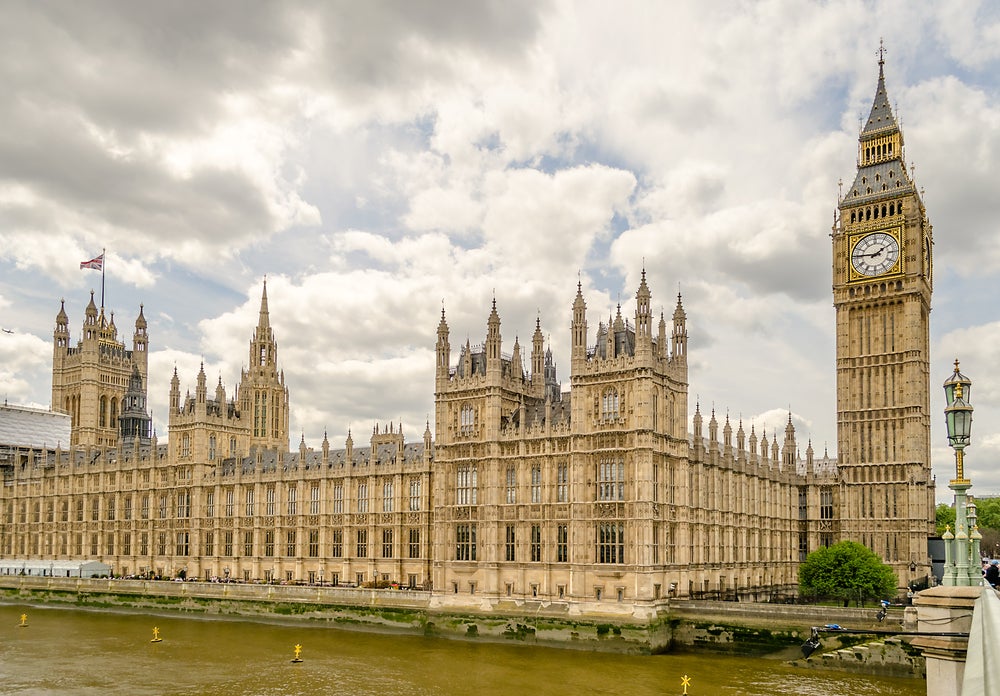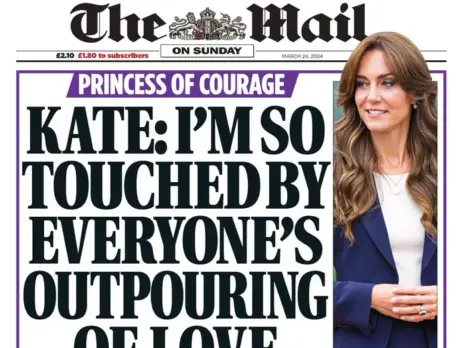
One year on from the close of a public consultation on implementing Section 40 of the Crime and Courts Act the Government now has no timescale on revealing its response.
If implemented, Section 40 would make news publishers pay both sides’ costs in libel and privacy cases, win or lose, if they are not signed up to a Royal Charter-backed press regulator.
A consultation on whether to scrap or implement the measure closed on 10 January 2017. Section 40 passed into law in 2013 but has yet to be enacted by the government.
A decision on what to do with Section 40 was expected before Christmas but has been further delayed following Sir Brian Leveson’s request to see the responses of Leveson Inquiry participants.
The Department for Digital, Culture, Media and Sport told Press Gazette that the response would be published this year but there was no definite timescale.
A DDCMS spokesperson said: “Sir Brian has requested to see the overall results of the consultation along with individual responses that were submitted by core participants in the Leveson Inquiry.
“Understandably, he wishes to consider the information properly before giving us his formal view on the issues raised. We will therefore be publishing the Government’s response to the consultation in the new year.”
The Conservatives pledged to scrap Section 40 of the Crime and Courts Act in their latest manifesto. The party said it would also not proceed with the second stage of the Leveson Inquiry.
This was one of the recommendations in the 2012 Leveson Report and might be sufficient to stop Parliament forcing publishers into joining a Royal Charter-backed regulator by enacting Section 40.
The arbitration scheme, run by regulator IPSO, is optional for publishers.
Email pged@pressgazette.co.uk to point out mistakes, provide story tips or send in a letter for publication on our "Letters Page" blog







